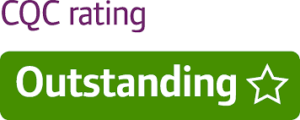As a commissioner, you will be looking for evidence to illustrate the impact of the rehabilitation service you have placed your client with, ways in which costs can be reduced over time and information to help you to secure funds.
There is strong, research-based evidence to show that rehabilitation in specialist settings for people with brain injury is effective and provides value for money in terms of reducing length of stay in hospital and reducing the costs of long term care.
Continued co-ordinated multidisciplinary rehabilitation in the community improves long-term outcomes and can help reduce hospital readmissions.



 Find your next great career opportunity at The Oakleaf Group
Find your next great career opportunity at The Oakleaf Group